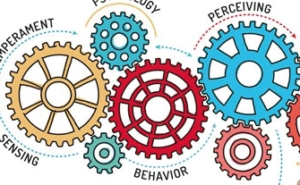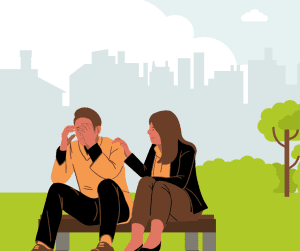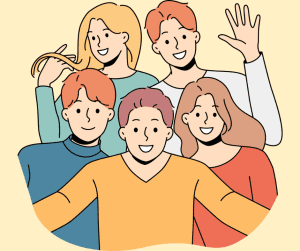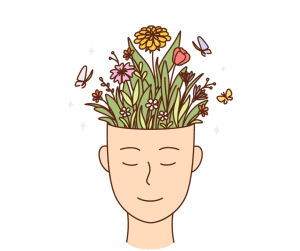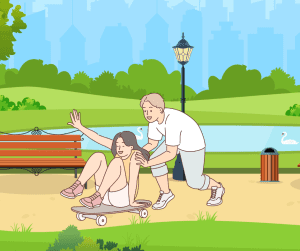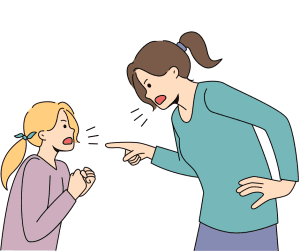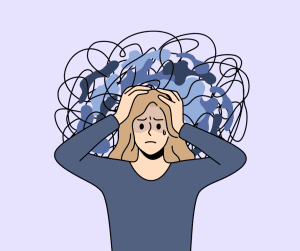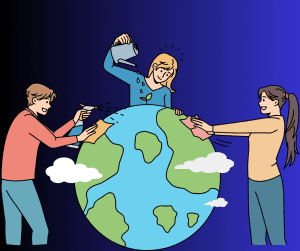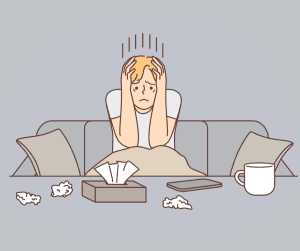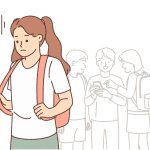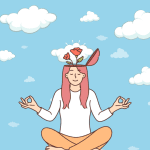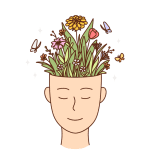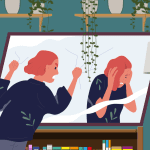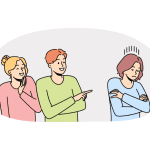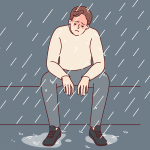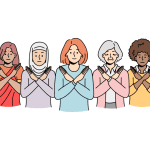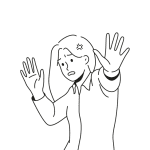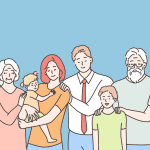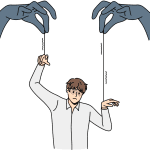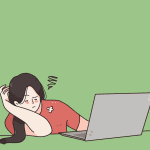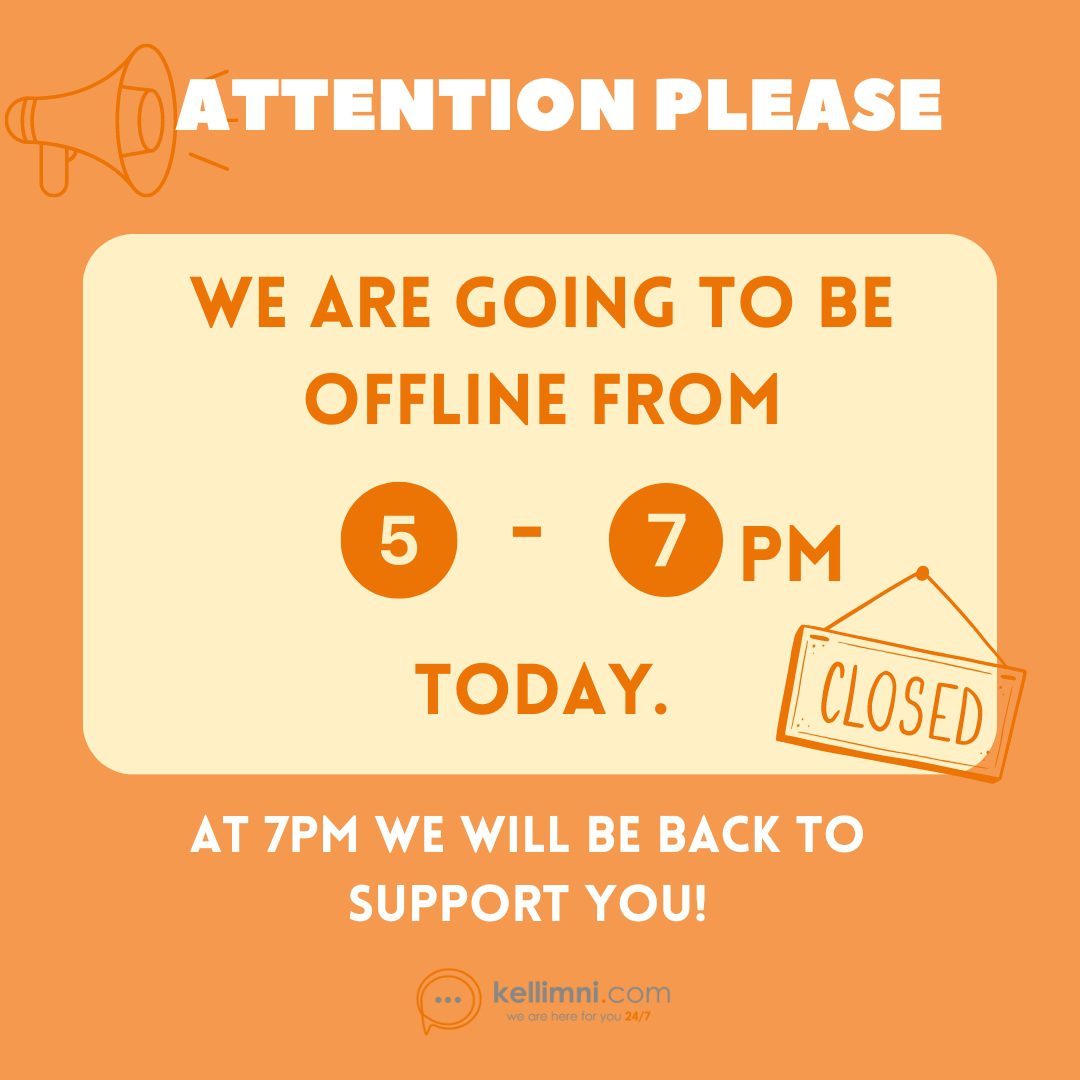Everyone gets lonely sometimes. Here are some stories of people who felt lonely.
———-
Bertha, age 19: I often feel lonely when I feel far away from my loved ones. I am studying abroad so I am not able to speak my family and friends in person, spend time with them or hug them. I miss being able to go for walks with my parents or hang out with my friends. I have met other people here, but they are not the same. I don’t know them well enough, and since I am only here for a few months, it seems like there is not enough time to develop good friendships. The people here already have their own friends and families, some of them also work or travel long distances from their home to university, and they do not seem to have time for anyone else.
———-
Matthew, age 17: I have always been a bit of an introvert. To me, this is normal, but I remember sitting at the back of the classroom watching my classmates discuss things and fool around, feeling like I am not able to do what they do and feeling like I’m not part of the classroom. Nowadays we are out of the classroom, but I still experience similar feelings. If I go to a party, I don’t feel confident enough to participate, talk and dance like other people seem to be able to do. I feel shy when I meet new people and feel that I cannot connect with them. I hate the idea of dancing because I think that everyone will be looking at me and laughing. I often worry about not fitting in or that people dislike like me. Although I am often surrounded by many people, I feel very alone. When I am lonely I often think that nobody else in the world understands or cares about me and that I am not as good as everybody else.
What is loneliness?
Loneliness is a sense of sadness that we feel when we think that no other people are with us. This can occur when we are alone, or when we feel that nobody cares for us. It is therefore a negative emotion which makes us feel unhappy and unbalanced.
However, loneliness is a natural emotion and most people feel lonely at some point in their life. There can be moments in which people are especially likely to feel lonely, such as after a break-up, when relationships with friends become difficult, when moving house to a new location or changing school, or when we feel excluded from social activities.
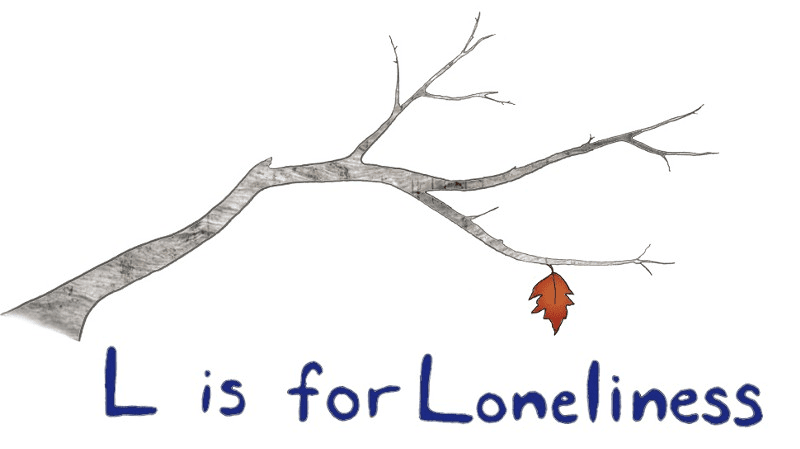
Why do we need other people?
People are social animals – they are made for social contact. There can be serious consequences if the need for social contact is not met. In fact, loneliness weakens the immune system, making people who are lonely more likely to fall ill with both physical illnesses, like viral infections, and also mental health issues, like depression. Thus, social contact and quality relationships are crucial for a healthy and happy life.
Sometimes we may feel that don’t need other people. This can happen when we have been hurt or disappointed by others (for instance, if they’ve said words which hurt us, or if they’ve abused of our trust) and, consequently, start to feel that it is easier and safer to remain isolated, to keep things to ourselves rather than having close relationships with other people. However, keeping these feelings to ourself will not resolve the problem. Sharing our emotions with other people, even those who have hurt us, will decrease the isolation that we feel. Speaking honestly about our emotions with other people who care about us, like relatives or friends, helps us feel better about our situation.
I’m feeling lonely … What can I do?
There are many strategies you can use if you’re feeling lonely. Here are some of them:
- Take control of your emotions
Recognise loneliness for what it is: a feeling. Emotions change often and thus cannot reliably lead us to where we wish to arrive. We are able to control our emotions and not to let them overshadow our actions and goals. At times we think that it is not possible to take control of our emotions, but patience is key: do not act on your emotions, but take decisions only when you have regained your calmness.
- Be open and friendly
Loneliness can create a lot of negative emotions and thoughts, including feelings of isolation or inability to make friends or lack of confidence in social situations. Although it may not be easy, being curious about other people and and taking steps to connect with other people may help improve your feelings of solitude. Encourage yourself to take the first step. Meeting new people can be lead to interesting opportunities to get to know new realities, worldviews and cultures.
- Be caring
Negative thoughts limit our belief that we can achieve our goals and, in turn, our ability to carry out activities that help us reach our goals. Therefore, if we are consumed by thoughts about being alone, being incompatible with or lesser than those around us, it is unlikely that we will excel in social situations. Nurturing others, for example raising children, teaching, helping others, caring for animals, can help us connect with others and gives us confidence in our ability to be around, care for and help those around us. These tasks may thus help alleviate feelings of loneliness. Furthermore, these activities are likely to draw others close to you and make them appreciate you more. Your love for them will be reciprocated as love for you.
- Identify the cause of your loneliness
Search within you for the reason/s which are making you feel lonely. Writing your activities and feelings in a journal may help you to understand your feelings of loneliness better by identifying which situations are making you feel lonely. Once you have identified the situations that make you feel lonely, consider how to tackle these situations or to avoid feeling lonely next time these situations crop up. Pretending to tackle these situations through role-play can help you tackle these situations in real life. You can role play alone, in front of a mirror or with a friend.
- Be cautious about social media
Social media has become an important and useful part of our lives, However, look at social media skeptically. People tend to post their most positive images and exciting adventures on social media – this may make us feel that our lives are much less interesting, glamorous or fulfilling than that of others. However, this selective posting hides the truth, including difficult situations that, like us, others may be facing. Do not take what is posted on social media at face value – be realistic about the lives that you and others lead.
Furthermore, while social media can help you feel connected to people, it may be stopping you from meeting people in person and having the relationships that you wish to have. Do encourage your friends on social media to meet up with you in person.
Social media can also make you feel that you are unpopular. For example, if a picture that you posted did not receive as many likes as you wished, or if you haven’t got hundreds of ‘friends’ or followers on your social media accounts. Do keep in mind that it is not about numbers: few quality relationships are all we need to feel happy and healthy.
Looking around us in a realistic way helps us to appreciate the small things that really matter. Do keep focused on the quality relationships that you do have, the positive things that happen in our lives every day, and the little surprises that we occasionally come across.
- Be active
Physical exercise can help you feel better about yourself, improves your perseverance helps you meet new people and increases your energy level. In this way, physical exercise helps you overcome challenges that you may have in other aspects of your life. Engaging in active behavior is a conscious decision: getting into the habit of exercising makes it easier to lead an active lifestyle. Do read our article about leading an active lifestyle for more ideas on how you can increase your physical activity.

